Urban wetlands
Creating wildlife-rich wetlands like ponds, streams, wetland parks and rain gardens in deprived urban communities could help level up inequalities in wellbeing across the UK.
We know having a nature-rich wetland nearby can boost wellbeing. That’s why, as part of our call for 100,000 wetlands, we’re asking for more in urban areas where 84% of us live - to help level up access to wellbeing across the UK.
Urban wetlands can...

Improve wellbeing
By providing tranquil spaces which fill our senses in which to escape from the everyday stresses of urban life.

Improve our air and water quality
The vegetation soaks up pollution from the air and water run-off.

Provide areas for recreation and physical activity
Both on and off the water.

Provide opportunities for active travel
Reducing travel costs and encouraging physical activity that aids wellbeing.

Reduce flooding
Soaking up excess rainfall and slowing the flow of water.

Provide opportunities for socialising
Increasing community cohesion and reducing loneliness.
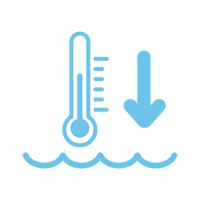
Provide air temperature cooling
Mitigating heat waves and urban heat-island effects.

Enhance biodiversity
Providing habitats for wildlife and reconnecting people to the natural world.
How can urban wetlands help level up?
Currently, people in the poorest urban and ethnic communities are twice as likely as those in more affluent groups to live in neighbourhoods without good quality blue or green spaces. (Blue spaces are environments that feature open water, such as wetlands). Some research suggests this differing access to nature-rich areas could be associated with health inequalities.
WWT has published Wildfowl & Wetland Trust’s (WWT) Creating Urban Wetlands for Wellbeing. A Route Map’ outlining how creating and restoring high-quality wetlands in low-income urban areas could help tackle these inequalities, through bringing climate change resilience and the health benefits of wetlands to the people that need them most.
The benefits of wetlands are particularly important for deprived urban communities because they are frequently most at risk from the harmful impacts of poor mental health and the climate crisis.
"Everyone should have access to good quality blue space and it’s imperative that decision-makers consider how to incorporate wetlands into our urban areas – sooner rather than later. "
David Lindo, aka the ‘Urban Birder’ WWT Vice President
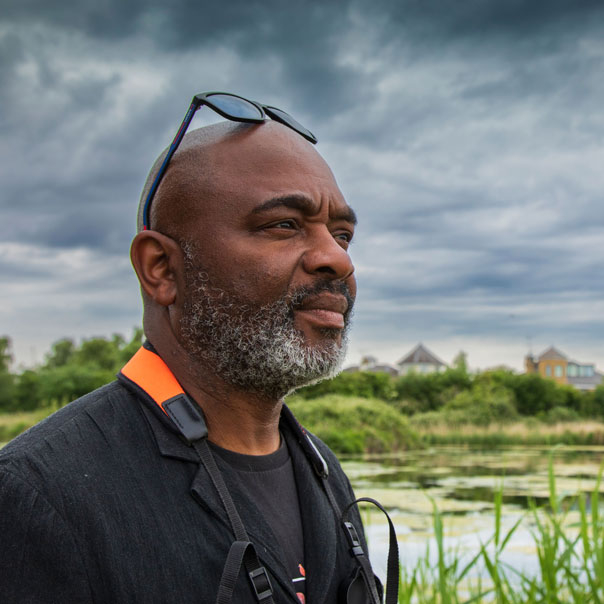
Some of the ways blue space is particularly beneficial for wellbeing:
- Blue spaces have been shown to directly reduce stress more than green spaces alonei.
- A study of 16,000 people across 18 countries, found that frequently visiting ‘watery’ nature decreased mental distressii.
- WWT research shows just 10 minutes spent in urban wetlands can be enough to improve a person’s moodiii.
- People also socialise more in blue spacesiv, helping to build community cohesion and reduce social isolation.
- Restored linear wetlands, such as rivers, provide opportunities for physically active travel and leisure in space-limited towns and cities.
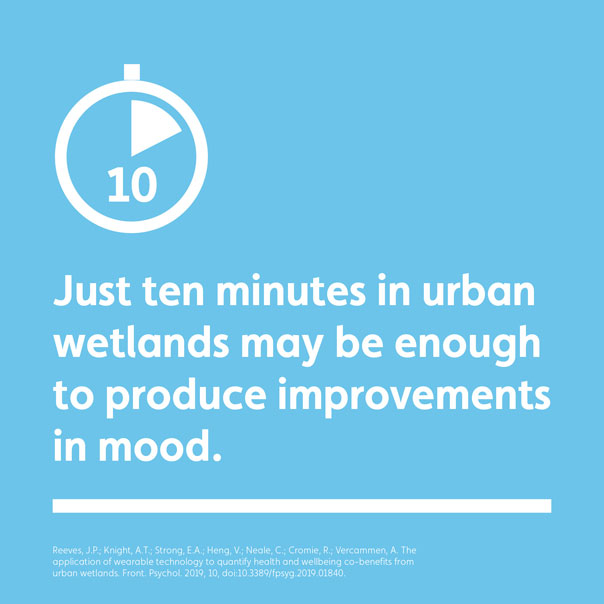
Opportunities to create wetlands for wellbeing in our towns and cities:
Nature-rich wetlands can be created in a range of urban settings at a variety of scales, allowing them to fit in any urban space, including:
- installing simple drainpipe wetlands in backyards and gardens.
- building new rain gardens during street repair work and neighbourhood improvements.
- restoring streams and rivers flowing through neighbourhoods.
- creating parks centred on wetlands that provide a wellbeing resource for whole communities.
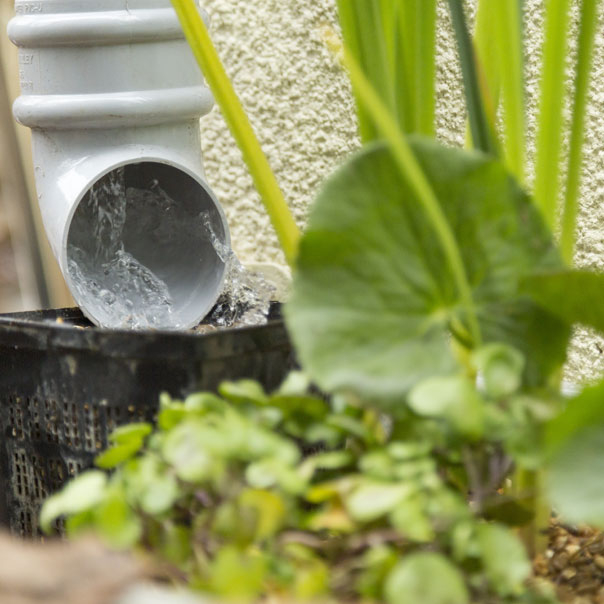
Making it happen
Our route map recommends creating and restoring urban wetlands where they can best reduce health inequalities, such as in areas without access to nature, and where deprived communities and neighbourhoods are at risk of flooding and overheating as the climate crisis escalates.
No single organisation will be able to achieve the scale of creation of urban wetlands for wellbeing required alone. To create effective urban wetlands that will help level up opportunity across the country, we’re calling for the involvement of national and local governments, the investment and know-how of businesses and a process of co-creation with local communities.
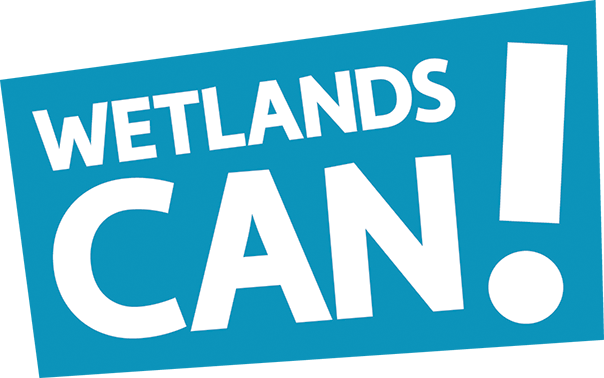
Pledge your support
We also need your support to campaign for change and urge the UK government to prioritise and invest in more wetlands, including in our towns and cities. Please sign our Wetlands Can! pledge: